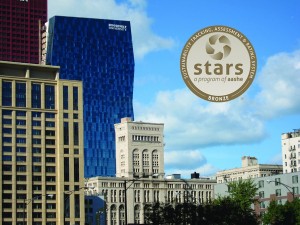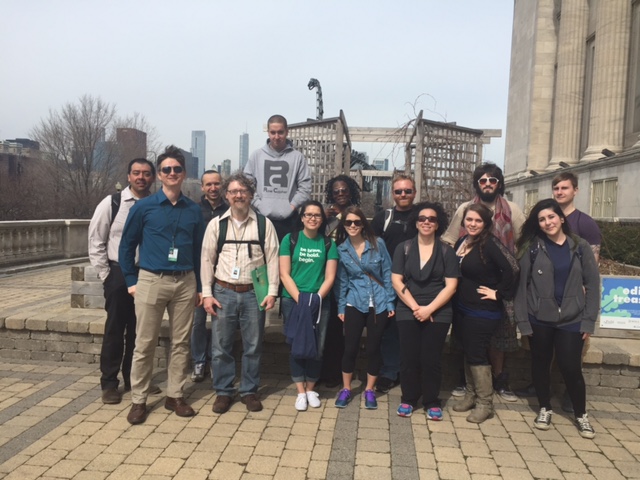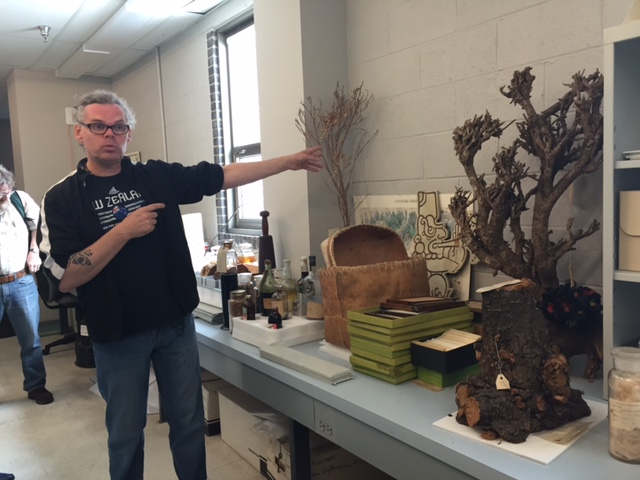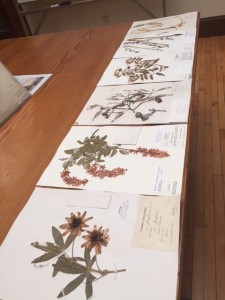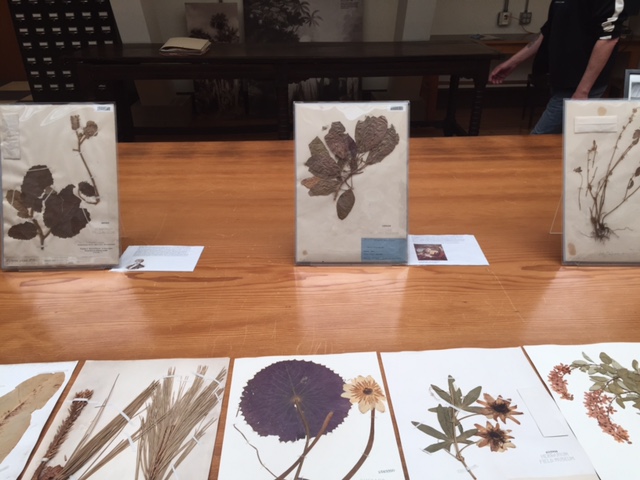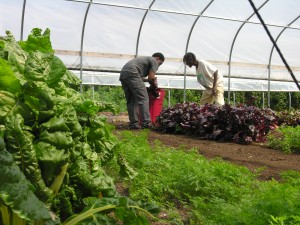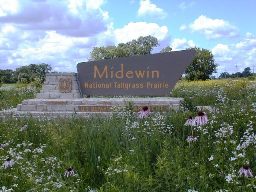The Sustainability Studies Program @RooseveltU is hiring up to three undergraduate students to work as Sustainability Student Associates for the Fall 2021 semester. Information and application instructions for this part-time position can be found on Student Employment website: to apply, just login to the Handshake job posting system and upload your letter of interest, résumé, and writing sample.
The application deadline as been extended to Friday 10/08/21 and interviews will be conducted the following week via Zoom. Applications will be reviewed as they are received. A cover letter, updated résumé, and writing sample (which can be paper written for an RU class) are required for the application. Note your FWS eligibility status in your cover letter.
Applicants should explain their interest in advancing campus sustainability as well as highlight their prior knowledge about and/or skills in relevant sustainability issues and practices (e.g., recycling, gardening, event planning, data analysis, student outreach, etc.)
Desired Majors: Sustainability Studies, Sociology, or Biology preferred; however, all majors will be considered.
Required Skills/Knowledge: Knowledge of and interest in sustainability; strong writing/editing skills; effective communication skills; dependability and strong work ethic.
Scope of Duties: This $15/hour FWS student position will work at the Chicago Campus as well as remotely to support the mission, pedagogy, and service work of the SUST Program at Roosevelt by the following (other duties as assigned):
- developing & supporting campus sustainability projects in consultation with the program director, department faculty, operations and planning staff, and the RU Green student organization;
- providing logistical and communication support for sustainability-related activities, events, and projects, both on- and off-campus;
- supporting student experiential learning, recruitment, retention, & career development efforts;
- coordinating & promoting departmental events & campus outreach (e.g., Campus Sustainability Month [October], SUST Symposia, & Earth Month);
- performing current student and alumni outreach;
- serving as the primary student liaison between the SUST Program and the university community in the advancement of RU’s 2015-2020 Strategic Sustainability Plan;
- managing the Roosevelt Urban Sustainability Lab (RUSLab) & WB Rooftop Garden
Student Associates will work closely with the SUST Program Director, Prof. Mike Bryson, and utilize the Roosevelt Urban Sustainability Lab at the Chicago Campus as their home base. Funding for the position is provided by federal work-study funds.
Please email Prof. Bryson (mbryson@roosevelt.edu) for questions about the position or application process.
